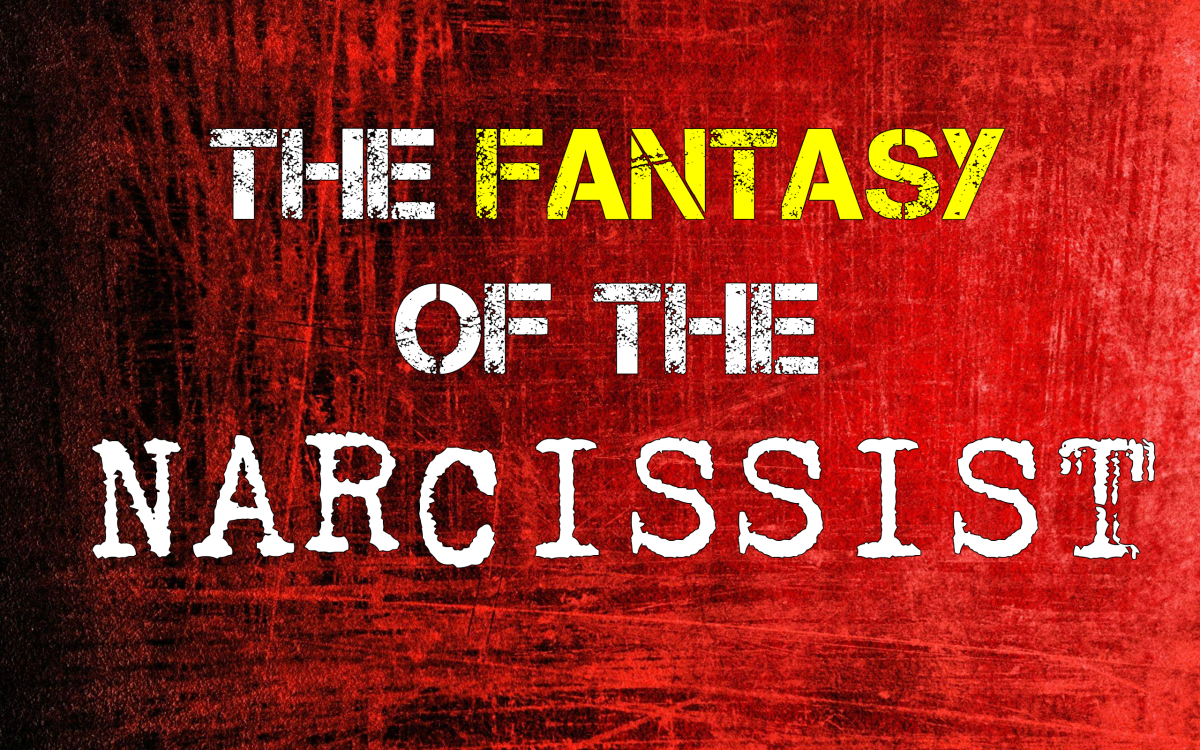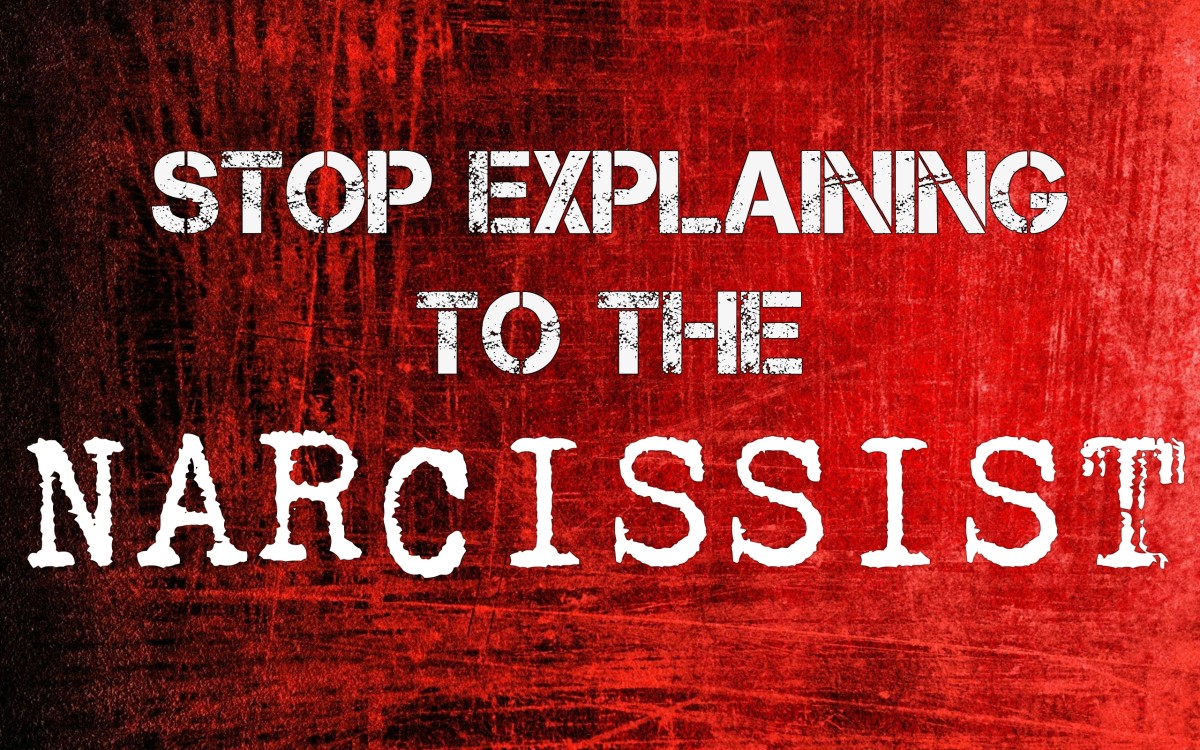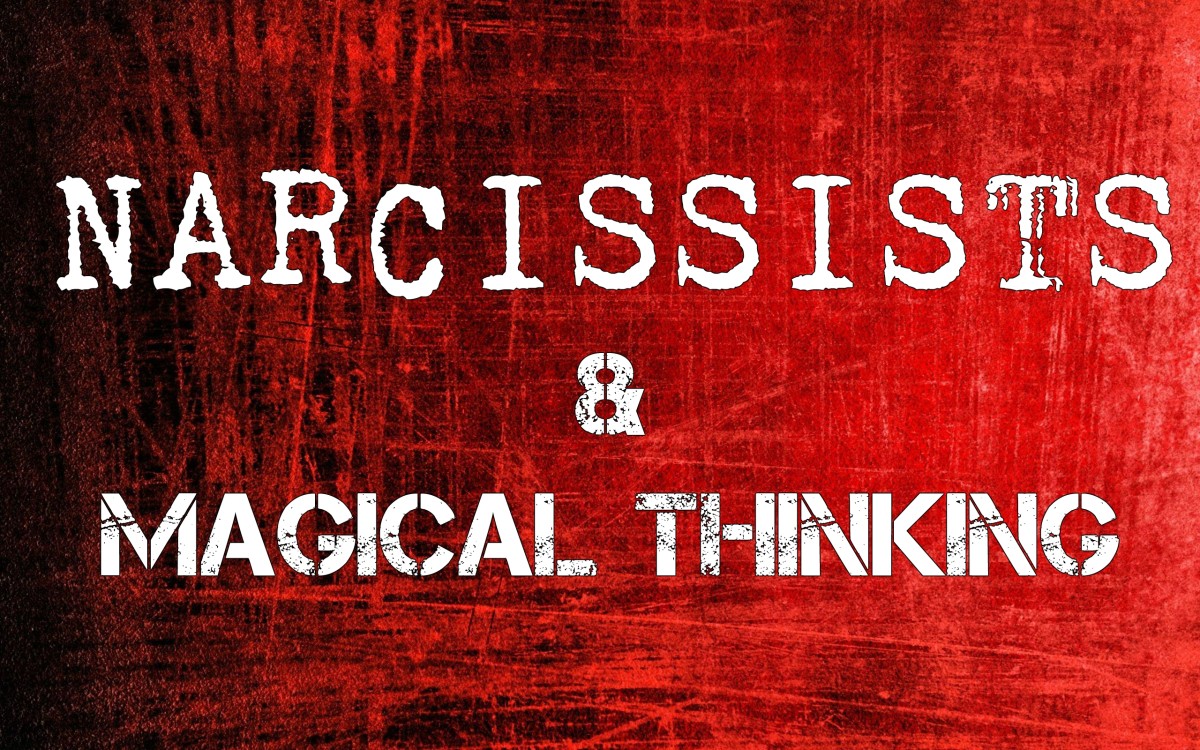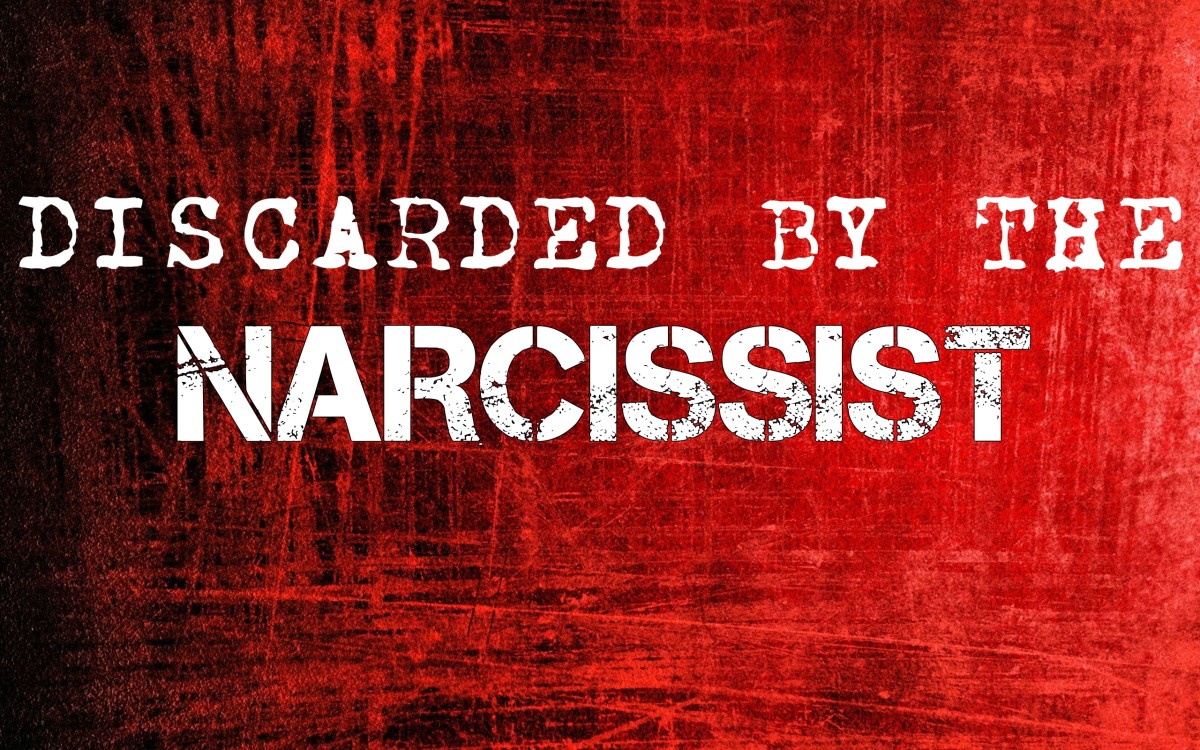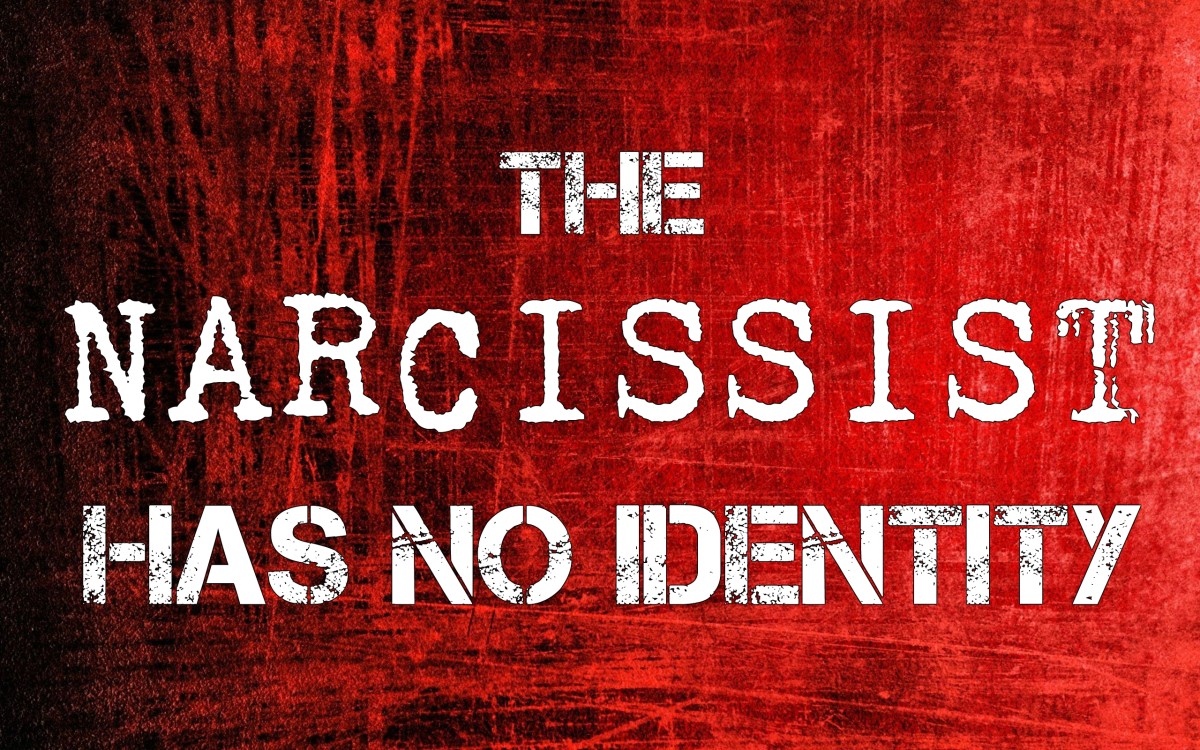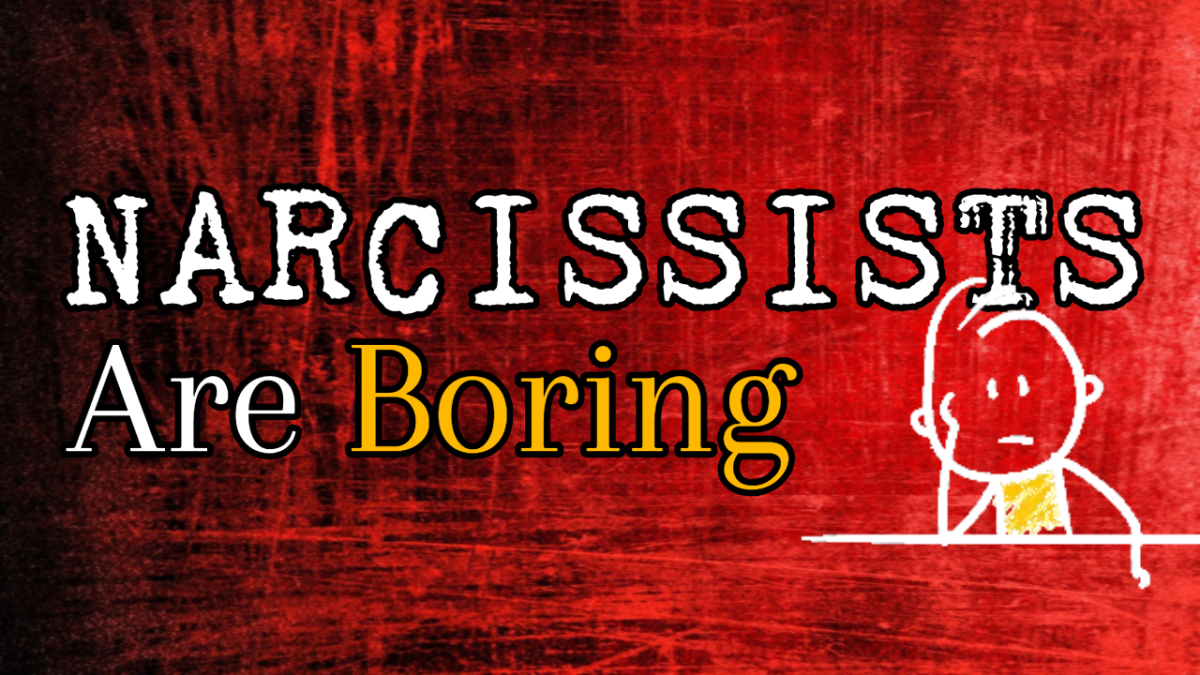- HubPages»
- Health»
- Mental Health»
- Personality Disorders
Yes, Narcissists are Victims. So What?
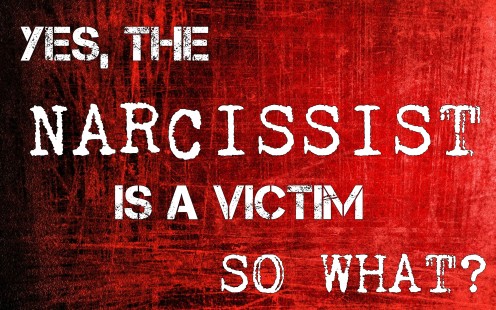
There is a disturbing trend with many sources of "education" or "information" regarding malignant narcissists, and that is the trend of dehumanizing them. These sources advise against the danger of "making narcissists seem like human beings" or "making it sound like they are victims." This is troubling because narcissists are human beings. And technically, they are also victims. They aren't victims of their loved ones, as they claim. They are victims of their own disorder and their own skewed perception. Understanding the disorder so we can deal with it in a way which causes the least amount of stress and hurt on ourselves is not possible without understanding that. You cannot understand their mindset or why they are behaving the way they are unless you understand that they are also victims of this disorder. If you cannot understand these things, you cannot figure out how to react in a way that results in the least amount of problems. Of course, simply staying away from identified narcissists and not interacting with them is always the best thing to do. However, there are times when this is not possible.
Why are educational sources necessary? No one really needs to be taught how to ignore somebody, or cut them out of our lives. What people do sometimes need to be taught is how to handle interactions with narcissists that can't be avoided. There is no way to teach that without explaining why it is necessary to do these things in the first place. Teaching skills with no understanding of why the skills are necessary or why they work is only teaching half of the information. If someone has an understanding of these things, they absorb the information better and can see why it's necessary to do something a certain way.
For instance, if we just say, "Ignore the narcissist's accusations and stop defending yourself," it does not explain why someone should do that, therefore reducing the likelihood that they actually will - especially considering that most reactions to a narcissist's abuse and cruelty are natural. If we say, "Ignore the narcissist's accusations and stop defending yourself because not only is it a waste of time since they don't want to believe you, but every time you acknowledge those accusations you are validating them and every time you defend yourself, you are feeding into the narcissist's need for attention, all of which ensure that they will never stop," this creates a much fuller picture of the situation. It lets people know why defending yourself not only doesn't help anything, it actually makes the situation worse.
It's the same with any skill. Take a skill you might learn at a job, like running a machine at a factory. A person who can run the machine but has no knowledge of how it works isn't much help when something goes wrong. Teaching someone why it works to run the machine the way they run it makes them better-equipped to deal with problems when they arise. People who understand the narcissist's mindset and why they think the things they do are much better equipped to deal with them. This is especially true because the methods you would use to resolve problems with other people do not work with the narcissist. Often they make the problem worse. This is a perfect example of how you cannot resolve a problem you don't understand.
Having said all that, it is puzzling why people resist - or even get angry at - the idea that narcissists are victims. Just because someone is a victim, does that mean they are suddenly no longer responsible for their actions? Does this suddenly change our acceptance of this person's behavior? Yes, the narcissist is a victim. So what? It doesn't change anything. The result is still the same: they are manipulative, toxic and abusive so stay away from them if you possibly can and if you can't, defeat their abuse and toxic games by refusing to participate in both. Understanding that they are indeed a victim too may free you from your hatred of the narcissist, but it doesn't mean we should suddenly rethink our approach to dealing with them. Being a victim of abuse and/or of a disorder doesn't give somebody a pass for anything. It doesn't mean people should stay with them to be abused or sacrifice themselves to make the narcissist happy. No one thinks that except the narcissist, and they may not know it but they're totally wrong.
So what does it matter? Refusing to acknowledge that they are human and that they are victims does nothing but handicap our own understanding of the situation, and by extension, our handling of it. There is no sense in that. Most of us would like to be as informed as possible about any problem that comes up in our lives. It also disturbs me to see such dehumanization of narcissists. It's one thing to hate someone because they've abused or harmed you and your family. It's another to not even see this individual as a human being. That's too close to how narcissists operate for my comfort, and I think that may be the reason some people have issues with seeing the narcissist as a victim: it humanizes them and makes hating and dehumanizing them more difficult.
Hating narcissists is understandable, but it really does nothing but hurt you in the end. Healing cannot begin until hatred ends, and people who refuse to let go of their hatred are people who are obstructing their own healing. You can't move on until you've moved on emotionally, and hating the person prevents that from happening. Hate is an intense emotional state, and it requires an enormous amount of energy. This drains people - whether they realize it or not.
That is another thing understanding the narcissist does: it helps free you from hate. You look at this person and instead of seeing a vicious monster full of malicious intent, you see them for what they really are: a scared, lost and angry child who cannot emotionally navigate the world at all or meet any of their own even basic needs. A shell of a person with no identity or understanding of anything except primitive emotions and childish needs.
This doesn't mean you feel sorry for them, or want to help them. On the contrary, what happens is that you see that this is a person who will never understand anything you are saying to them and you stop worrying about it because you realize - once and for all, you finally realize - that it's pointless to even bother.
So yes, narcissists are victims. But it doesn't really matter in the end. Most abusers were victims at one time. It doesn't excuse their behavior. If a mean dog became mean because he suffered years of abuse, he is a victim. Does that mean you should let him bite you because he can't help it? Of course not. You acknowledge his sad existence, but does that somehow make him less dangerous? No. It doesn't change anything except your understanding of the situation and ability to decide how to deal with it.
Understanding narcissists, acknowledging their humanity and the fact that they are a victim of their own disorder doesn't somehow magically erase the wrong they've done or give them a free pass to act however they want. It simply increases your knowledge and ability to deal with the situation. The idea that victims cannot be held responsible for things they do is a narcissistic one, and it's one that society really needs to let go of. The idea that people need to sacrifice themselves for this victim is also a narcissistic one, and it's not true. The idea that anyone who is abusive or does things wrong is somehow not a human being is a narcissistic idea, too. All of these false ideas simply need to be discarded along with the rest of their phony perceptions and crazy conclusions. The goal is to stay reasonable, rational and logical, not fall into their way of thinking. If that happens, we've failed.

